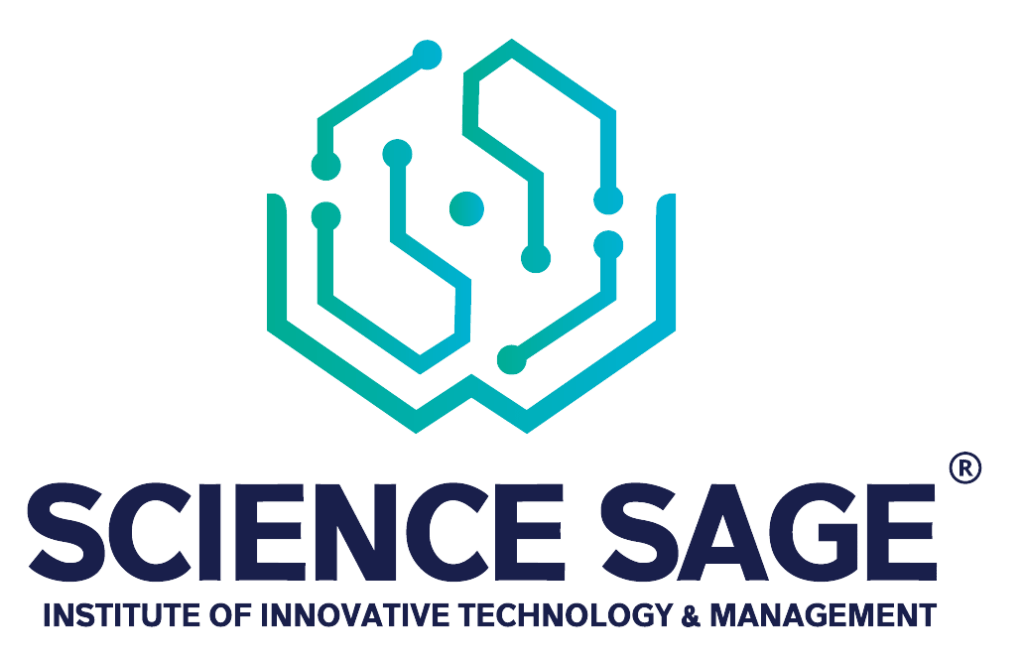- Prerequisites
- Higher Secondary Passed
- Course Duration
- 2 Years
The Diploma in Nursing Assistant program is designed to provide individuals with the fundamental knowledge and skills necessary to work as entry-level healthcare professionals in various clinical settings. Nursing assistants, also known as nursing aides, patient care assistants, or healthcare assistants, play a vital role in providing basic patient care and support under the supervision of licensed nurses or other healthcare professionals. Below is a detailed description of the program:

Course Overview
- Duration: The Diploma in Nursing Assistant program typically spans six months to one year, depending on the curriculum and institution offering the program.
- Curriculum: The curriculum covers a comprehensive range of subjects related to patient care, basic nursing skills, anatomy and physiology, medical terminology, infection control, and communication skills. Courses may include principles of nursing assistance, patient hygiene and grooming, vital signs monitoring, assistance with activities of daily living (ADLs), basic wound care, safety and emergency procedures, and ethical and legal aspects of nursing.
- Practical Training: Practical training is a critical component of the program, allowing students to gain hands-on experience in providing direct patient care and support in healthcare settings. Under the supervision of licensed nurses or clinical instructors, students learn to assist patients with bathing, dressing, feeding, toileting, mobility, and other ADLs, as well as how to use medical equipment and assist with basic medical procedures.
- Clinical Internship: Clinical internships or externships in hospitals, nursing homes, long-term care facilities, rehabilitation centers, or other healthcare settings are typically included in the program. During internships, students work alongside healthcare professionals, gaining practical experience in caring for patients of all ages and with various medical conditions, while also learning about healthcare teamwork, patient interactions, and professionalism.
- Certification: Upon completion of the program, graduates may be required to pass a competency evaluation exam to become certified nursing assistants (CNAs) or nursing aides in their respective jurisdiction. Certification requirements vary by state or country, but obtaining certification is typically required for employment as a nursing assistant in healthcare facilities.

Course Structure
- Core Subjects:
– Introduction to Nursing Assistance
– Anatomy and Physiology for Nursing Assistants
– Medical Terminology and Documentation
– Infection Control and Safety Procedures
– Patient Care Skills and Techniques
– Vital Signs Monitoring and Documentation
– Assisting with Activities of Daily Living (ADLs)
– Basic Wound Care and Dressing Changes
– Nutrition and Hydration Support
– Ethical and Legal Issues in Nursing Assistance - Practical Skills Labs:
– Patient Positioning and Transfers
– Bathing and Personal Hygiene Techniques
– Bed-Making and Room Organization
– Feeding and Nutrition Assistance
– Mobility and Ambulation Support
– Use of Assistive Devices and Medical Equipment
– Infection Control Measures and Personal Protective Equipment (PPE) Use
– CPR and Basic First Aid Training - Clinical Internship:
– Rotations in Various Healthcare Settings
– Hands-on Experience in Patient Care
– Observation and Participation in Nursing Procedures
– Interaction with Patients and Families
– Application of Nursing Skills in Real-World Settings

Key Skills Developed
- Teamwork and Collaboration: Collaboration with other healthcare professionals, including nurses, physicians, therapists, and social workers, to ensure comprehensive patient care and facilitate effective communication within the healthcare team.
- Adaptability and Flexibility: Ability to adapt to changing work environments, patient needs, and healthcare protocols, while remaining flexible and responsive to the demands of the healthcare setting.
- Problem-Solving Skills: Capacity to identify and address challenges in patient care, such as communication barriers, patient discomfort, or equipment malfunctions, with creativity and resourcefulness to ensure optimal patient outcomes.
- Empathy and Cultural Sensitivity: Understanding and empathy towards patients from diverse backgrounds, cultures, and beliefs, while demonstrating sensitivity to their individual values, preferences, and privacy.
- Professionalism and Ethics: Adherence to professional standards, ethical principles, and legal regulations governing patient care and confidentiality, while maintaining integrity, honesty, and professionalism in all interactions with patients, families, and colleagues.
- Time Management and Prioritization: Efficient management of time and resources to prioritize tasks, organize workflow, and meet the needs of multiple patients while maintaining quality and safety standards in patient care delivery.
- Self-Care and Stress Management: Recognition of the importance of self-care and stress management techniques to maintain physical and emotional well-being in demanding healthcare environments, while seeking support and resources as needed to prevent burnout and compassion fatigue.

Career Opportunities
- Certified Nursing Assistant (CNA): Graduates of the diploma program can work as CNAs or nursing aides in hospitals, nursing homes, long-term care facilities, assisted living centers, rehabilitation centers, and home healthcare agencies. They provide direct patient care and support under the supervision of licensed nurses, assisting patients with ADLs, monitoring vital signs, and ensuring their comfort and well-being.
- Patient Care Technician: Some graduates may work as patient care technicians in hospitals or medical clinics, where they provide assistance to patients and medical staff in various departments, such as medical-surgical units, emergency rooms, or outpatient clinics. They may perform tasks such as taking blood samples, performing electrocardiograms (ECGs), or assisting with patient transportation.
- Home Health Aide: Nursing assistants may work as home health aides, providing care and assistance to patients in their homes. They assist with ADLs, medication reminders, meal preparation, light housekeeping, and transportation to medical appointments, allowing patients to remain independent and comfortable in their own homes.
- Rehabilitation Assistant: Some nursing assistants may work in rehabilitation centers or physical therapy clinics, assisting patients with rehabilitation exercises, mobility training, and activities to improve strength and coordination following injury or illness. They work closely with physical therapists and occupational therapists to help patients regain independence and mobility.
- Hospice Aide: Nursing assistants may work in hospice care settings, providing compassionate end-of-life care and support to terminally ill patients and their families. They assist with pain management, personal care, emotional support, and maintaining a comfortable and dignified environment for patients in their final days.
Diploma in Nursing Assistant program serves as a vital stepping stone for individuals aspiring to pursue a fulfilling career in the healthcare field. Through a comprehensive curriculum and hands-on training, students acquire the essential knowledge, skills, and competencies needed to provide compassionate care and support to patients under the supervision of registered nurses and healthcare professionals. Graduates of this program emerge as valuable members of healthcare teams, equipped with the expertise to assist with patient care, perform clinical procedures, and promote the well-being of patients in various healthcare settings. With a focus on professionalism, empathy, and patient-centered care, the Diploma in Nursing Assistant program prepares students to make a positive impact on the lives of individuals in need of healthcare services. Thus, this diploma program offers a rewarding pathway for individuals seeking to embark on a fulfilling career dedicated to serving others and making a difference in the healthcare community.
